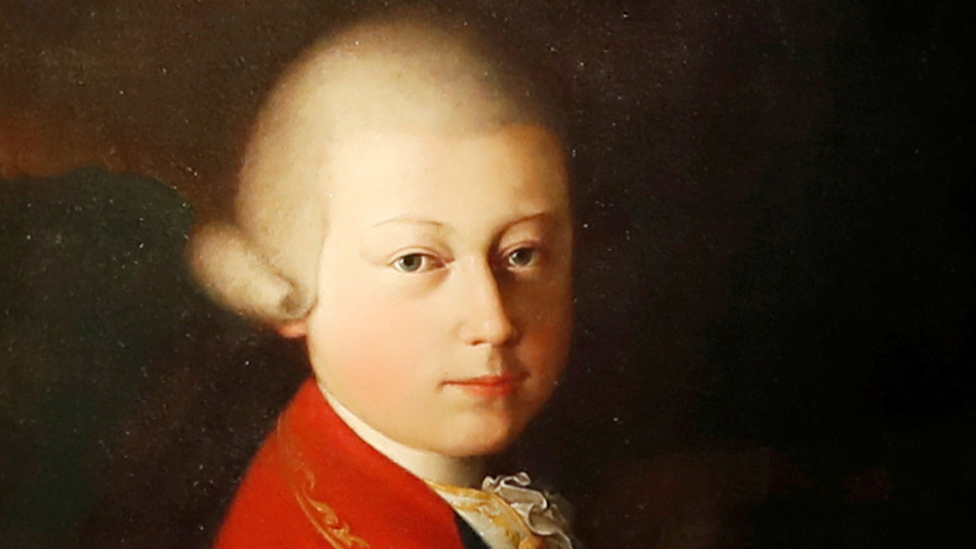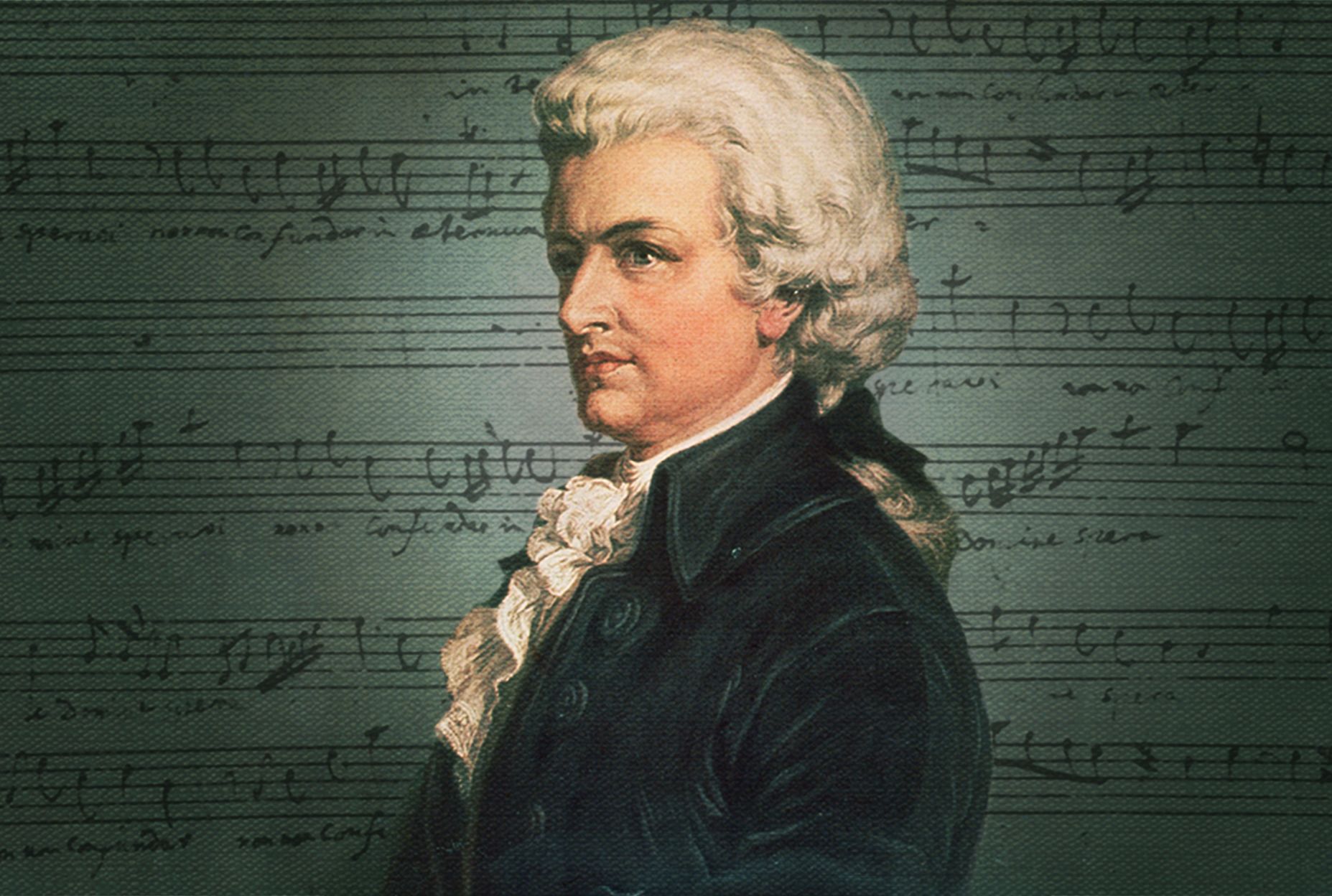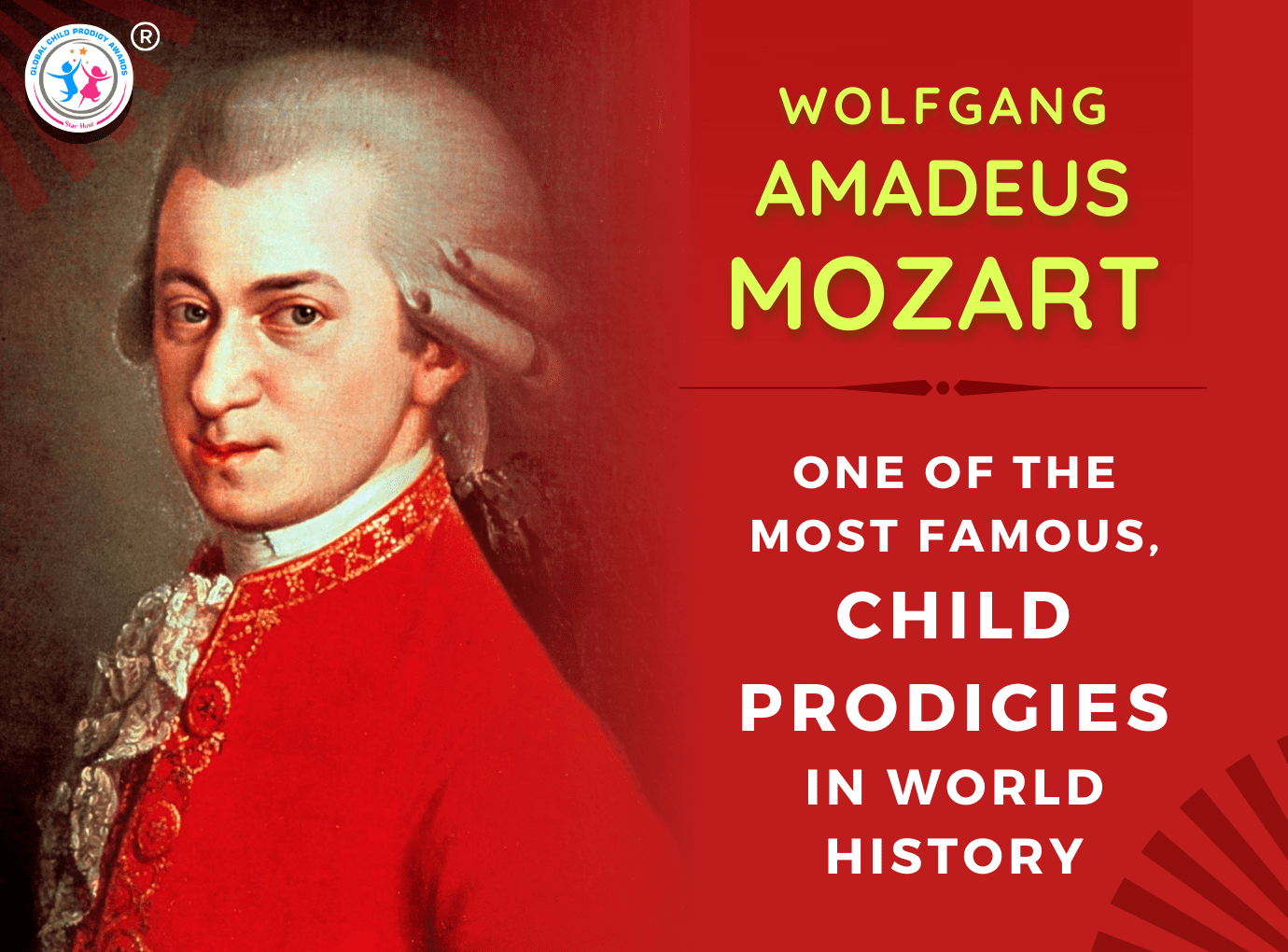“Mozart is happiness before it has gotten defined.” – Arthur Miller.
Wolfgang Amadeus Mozart is one of the most famous child prodigies of all time. He was a great musician who was capable of playing multiple instruments. He started playing in public when he was just 6-years-old. Over the years, Mozart aligned himself with various European venues and patrons. He was born on January 27, 1756, in Salzburg, Austria. Wolfgang Amadeus Mozart was the proud son of Leopold and Maria Pertl Mozart in fact His father was a successful composer, violinist, and assistant concertmaster at the Salzburg court. With his father’s encouragement and guidance, he was thrust to music at an early age. Mozart quickly began to show a strong understanding of chords, tonality, and tempo. Here are a few lesser-known facts about Wolfgang Amadeus Mozart:
1. Mozart’s Father Introduced Him To The Music
Mozart’s father was a composer and music teacher at Salzburg Cathedral. He used to teach music to his children. On the other hand Little musical prodigy and his elder sister, Maria Anna were playing the clavier, a keyboard with strings, from a very young age. Both of them showed immense musical talent. At the age of 4 years, Mozart could learn a song on the clavier in just 30 minutes.
2. Wolfgang Amadeus Mozart Wrote His First Opera At The Age Of 11
Mozart took in London, Paris, Amsterdam, and more as he traveled with his family. At one concert in Munich, Mozart and his sister continuously played together for three hours, unique audiences everywhere they went. When Mozart was eight, he made his first piece of music, which was a violin sonata in five parts.

At age 11, Wolfgang wrote his first opera, Apollo et Hyacinthus. A series of tours of Italian cities starting in December 1769 confirmed Mozart’s extraordinary talent. He used to get commission to write operas for Milan’s carnival. He was also admitted to Bologna’s prestigious Accademia Filarmonica and directed the first three performances of his opera Mitridate, re di Ponto. At the age of 15, he wrote that he heard only operas at home in his head.
3. Mozart’s Music Spanned Every Style & Form Of His Time
Wolfgang’s compositions redefined many forms of music from chamber music to beloved operas such as The Magic Flute, Don Giovanni, and Così fan Tutte. Some of these were symphonies and concertos, sonatas for the piano, harmony-music for wind instruments, masses, chamber music for string quartets, and choral and church music moreover All these were parts of his music. Moreover, Mozart‘s work is believed to be so revolutionary. The romantic composer Johannes Brahms noted the exceptional purity of his music.

Leonard Bernstein, the American composer, says “Mozart’s works were bathed in a glitter that could have come only from the 18th century, from that age of light, lightness, and enlightenment. His spirit of compassion, of universal love, even of suffering knows no age, that belongs to all ages.”
4. Wolfgang Amadeus Mozart ’s Last Composition Remained Unfinished
The final commissioned piece of Mozart was Requiem Mass In D Minor (K626). Unfortunately, he died before it was finished, but his student, Franz Xaver Süssmayr, completed the work. He delivered it to Austria’s Count Franz von Walsegg, who had commissioned the piece to memorialize his wife.

5. People Still Celebrate Wolfgang Mozart’s Music
Mozart is one of the Greatest People of the Millennium. His fame had only grown since his death 226 years ago. in fact, New York City celebrates the Mostly Mozart Festival at Lincoln Center for a month every summer. Salzburg city celebrates an 11-day birthday party for the musical prodigy every January. Moreover, a significant percentage of Salzburg’s economy is on Mozart tourism. It is hence true that legends never die.
Also Read : 5 Useful Tips On How to Parent Child Prodigies
Harshit has four years of experience in the publishing industry, with expertise in digital media strategy and search engine optimization.
Feel free to contact me at Team@139.84.133.140

